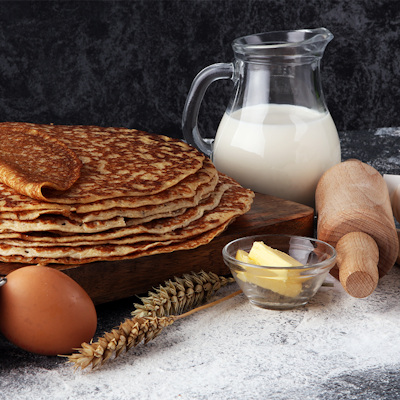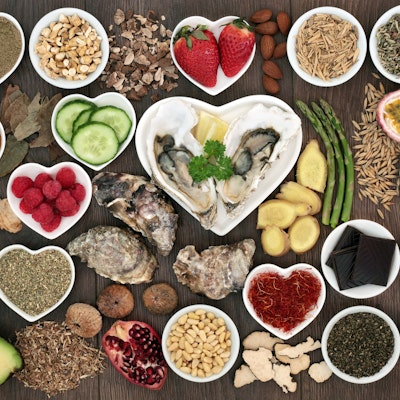Fighting Cholesterol in Foodservice
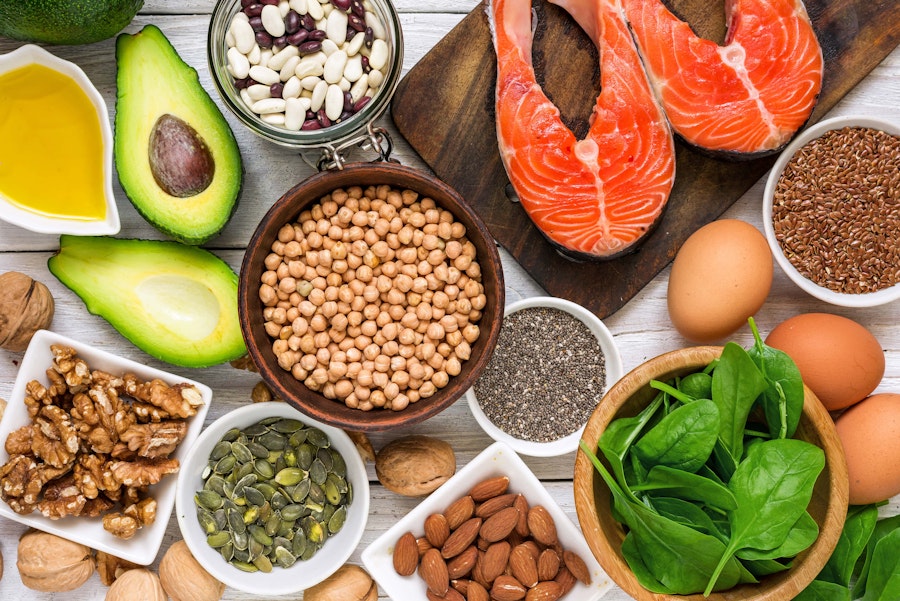
October marks the important event of National Cholesterol Month, a month dedicated to raising funds for Heart UK and raising awareness of the dangers of high cholesterol. Having high cholesterol can clog up your arteries – affecting how blood is transported around the body, and over time this can lead to serious problems such as heart attacks and strokes.
Cholesterol is a fatty substance which travels through the bloodstream with lipoproteins, soluble proteins that transport fats properly through the body.
There are both good and bad types of cholesterol, but the bottom line is that no one wants too much of it. Food and diet play a massive part in someone’s cholesterol levels, so we’ve pulled together some top tips and hints for how to give your menu a cholesterol-busting boost (and as a bonus, some off the menu tips too)…
On The Menu
Embrace Healthier Options
Individuals with a BMI of 30 or greater are at much greater risk of having high cholesterol, and offering tasty yet low-calorie meals can help combat obesity. So
instead of frying or roasting food, consider grilling, steaming, poaching, boiling – perfect creamy poached eggs for instance, instead of greasy fried ones.
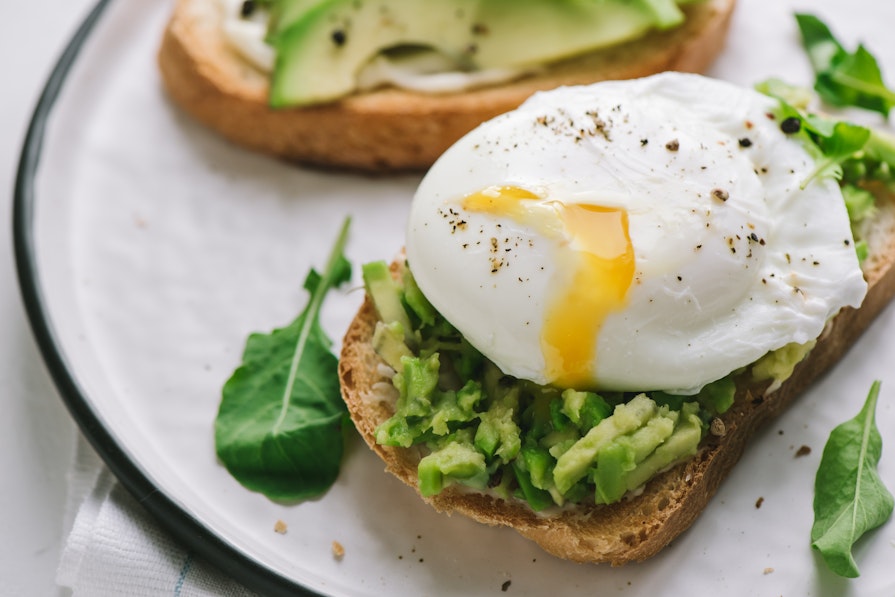
Replace saturated fats, with unsaturated fats
Instead of foods rich in saturated fats – meat pies, sausages, fatty cuts of meat, butter, ghee, lard, cream, hard cheeses, cakes, biscuits and foods containing coconut or palm oil try and incorporate more unsaturated fats into your menu. Things like olive and sunflower oil, corn, rapeseed and nut and seed oils, avocados, nuts and seeds, and oily fish such as salmon or mackerel.
Experiment with fruity desserts
Foods high in soluble fibres are beneficial when it comes to lowering total and LDL cholesterol – they block cholesterol being absorbed from the intestines into the bloodstream. Apples, grapes, strawberries and citrus fruits are rich in soluble fibre pectin, and great for lowering LDL, so stick them in smoothies, fruit salads and pavlovas. Delicious too!
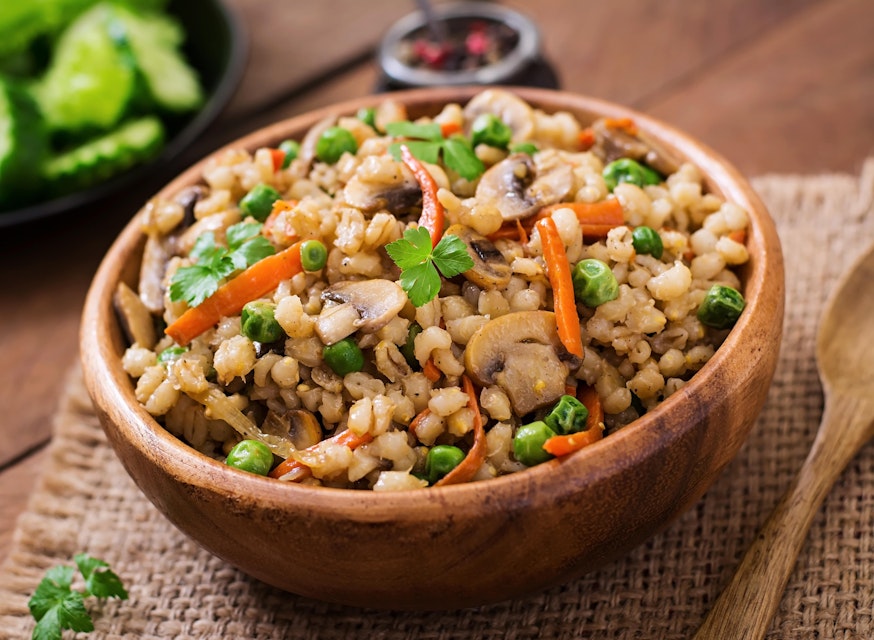
Up your grain game
Oats and barley are high in beta glucan, a type of fibre that can help to lower cholesterol by forming a gel which binds to cholesterol-rich bile acids in our intestines, limiting the cholesterol absorbed into the blood. And whilst porridge is a great dish, be sure to think beyond the breakfast menu – pearl barley will help thicken soups and stews, whilst oats make for hearty winter biscuits and puddings.
Limit animal fats
Beans, nuts and pulses are all high in fibre and low in saturated fats. They’re also high in protein, vitamin E, magnesium, potassium and natural plant sterols to keep bodies and cholesterol healthy. So why not experiment with using nut butters and milks and soya in some of your recipes as an option for those looking to lower their cholesterol?
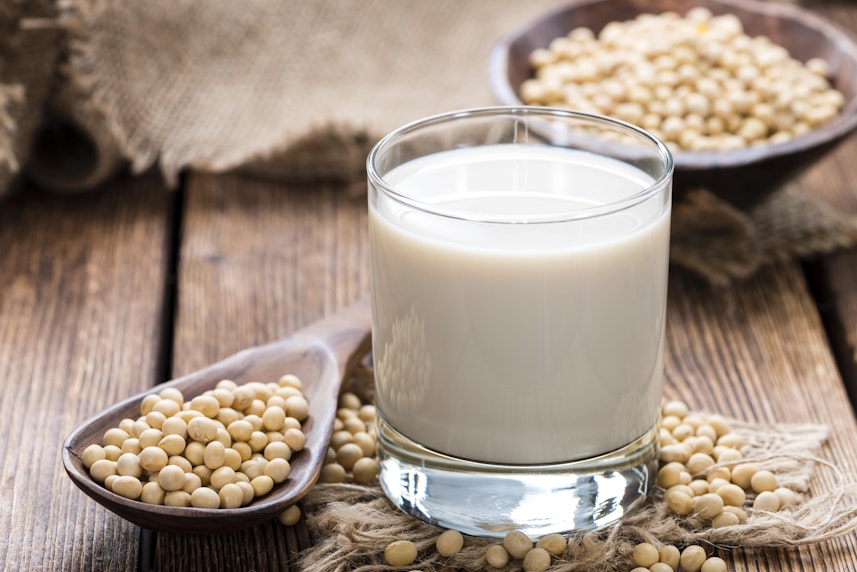
Look for products with sterols and stanols
They increase the body’s ability to absorb cholesterol from food and can be found in vegetables, fruits, wholegrains, beans, sunflower seeds and many vegetable oils. Sterols and stanols are also extracted from plants and added to certain foods – orange juice, granola bars, margarine and even chocolate. Even though foods naturally contain sterols and stanols, it can be hard to eat enough to decrease your LDL, which is why it is added to certain foods. Another great reason to check your labels.
Off The Menu
Exercise More
Being active helps us to boost our body’s HDL levels. Aim for at least 30 minutes a day of exercises. Simple activities like walking, cycling or swimming are great for the whole body in combination with healthy eating
Stop Smoking
Smoking damages blood vessel walls, which makes them more prone to accumulating fatty deposits and lowers the levels of good cholesterol. It also increases the risk of heart attacks, strokes and cancer.
Drink alcohol in moderation
Drinking too much alcohol can put you at greater risk of high cholesterol as well as other health problems including high blood pressure, heart failure and strokes.
Be careful of stress levels
Research indicates a correlation between stress and cholesterol, so lowering stress can, over time, help reduce the negative impacts of cholesterol problems. Practising mindfulness and meditation or even simple things like taking a relaxing bath, going for a walk or having a nice nutritious meal can all help incrementally to combat stress and reduce cortisol levels.
Know The Odds
It’s very unfair but there are some uncontrollable factors that can cause high cholesterol – cholesterol levels are likely to get worse with age, and being male or having South Asian heritage* puts you at a disadvantage for having high cholesterol. So those who fall into a high-risk group should ensure they…

Get checked
People aged between 40-74 can get their cholesterol checked as part of an NHS health check. GPs can also give anyone concerned about their cholesterol level a blood test.
For more in-depth information on Cholesterol and how to lower it visit Heart UK and if you’re overly concerned about your cholesterol levels, please contact your GP.

